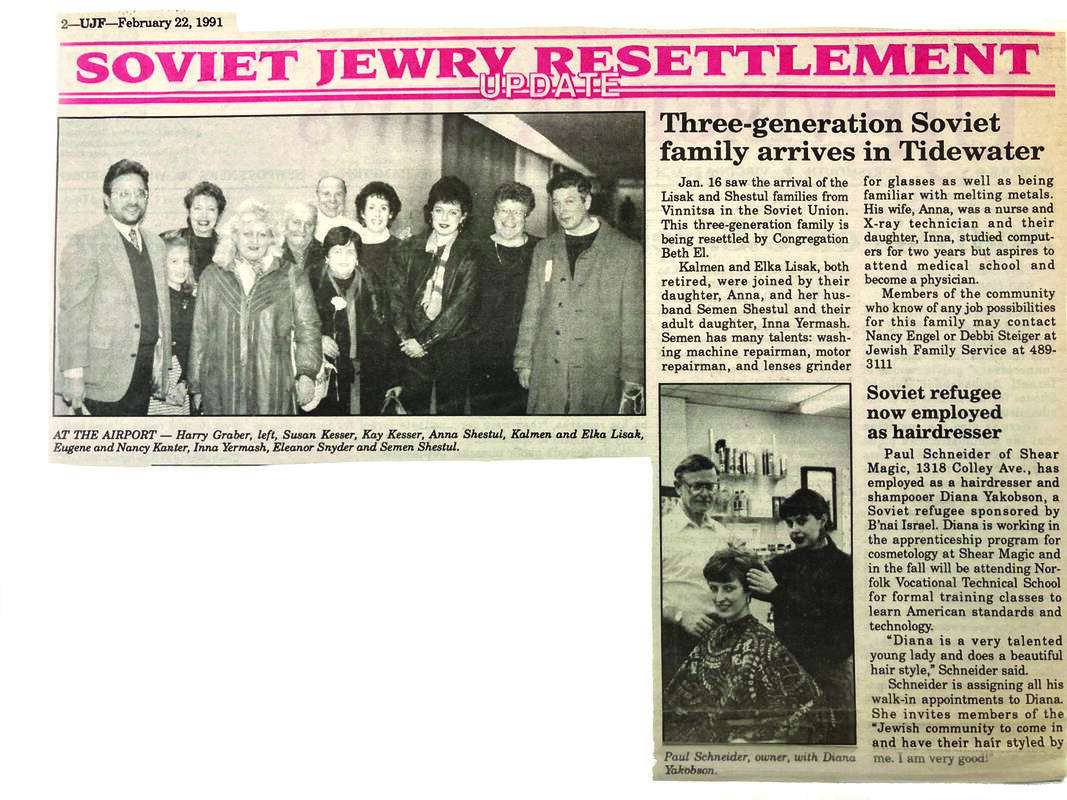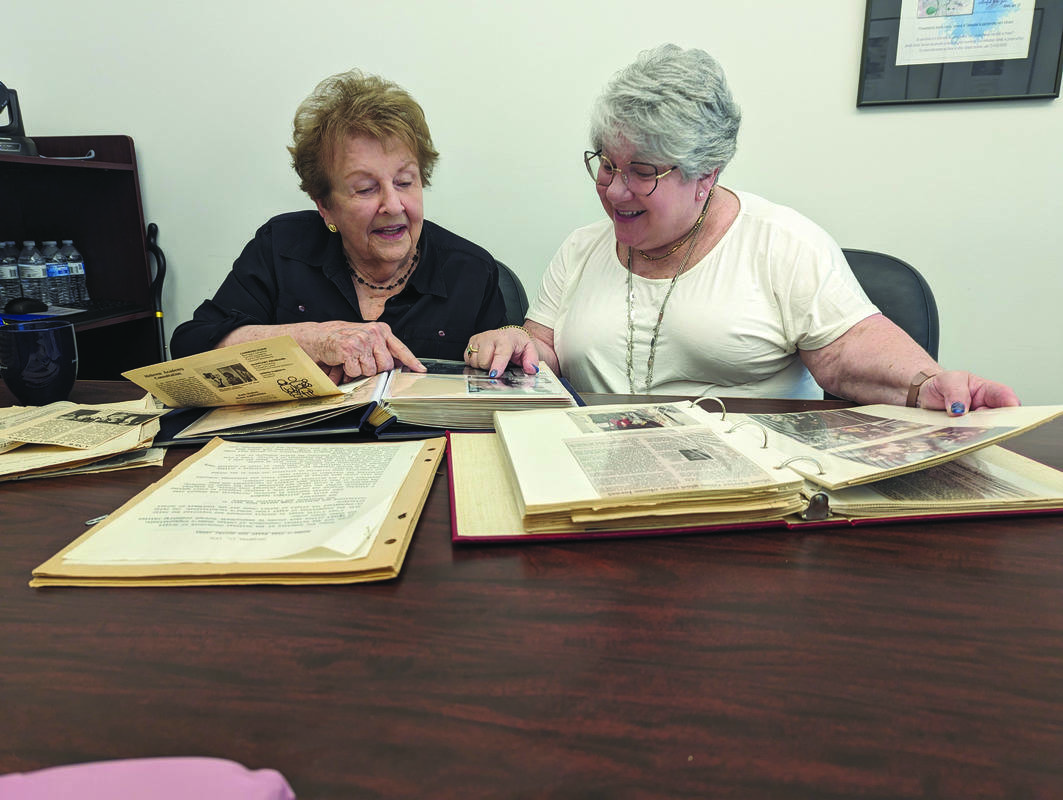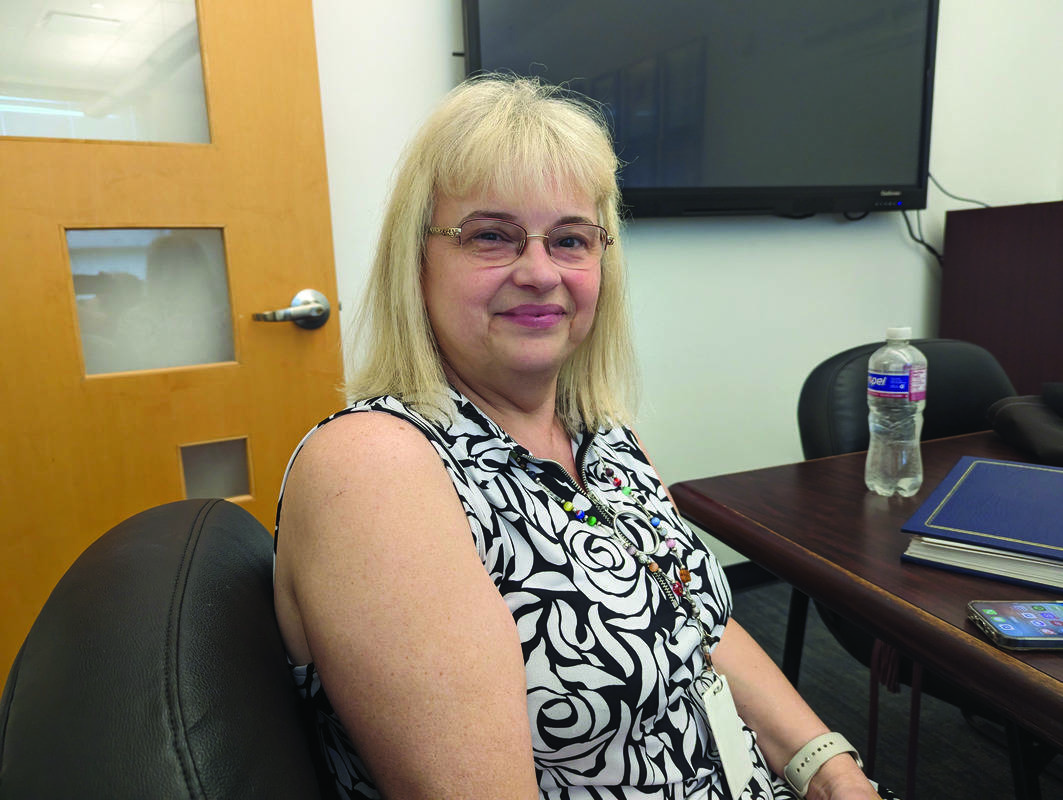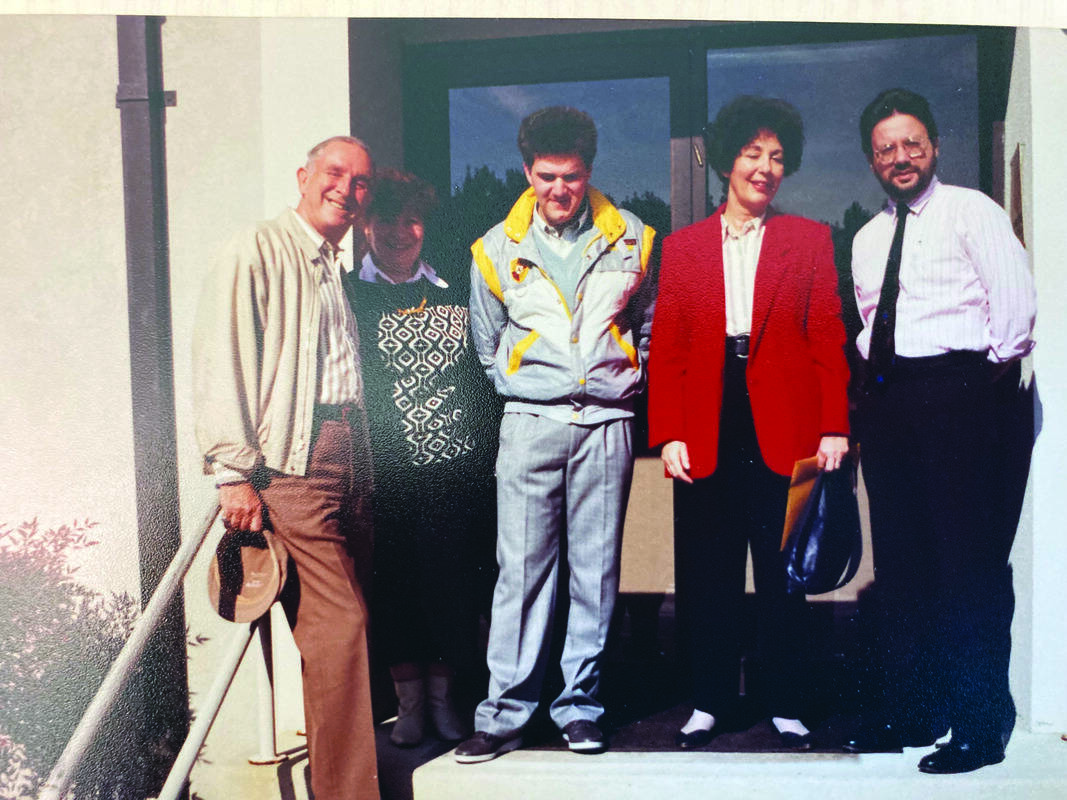At 92, Ellie Porter is sharp as a tack with a keen memory, particularly of events 52 years ago that defined her life as a local community activist.
“I was on the board of National B’nai Brith Women and a volunteer with Jewish Family Service here in Tidewater,” Porter says. That confluence, plus her big heart, put her in the right place at an auspicious time for “Aliyah,” the mass migration of Soviet Jews after the USSR lifted its ban on “refusenik” emigration.
Communities across the country mobilized, none more so than Tidewater, and a cadre of Jewish women led the way. “We organized a major rally at the JCC in Norfolk called a ‘Women’s Plea for Soviet Jewry’ on December 17, 1972,” recalls Porter. “I will never forget it.”
Nearly 400 attended, hearing from Norfolk Mayor Roy Martin, who had earlier issued a proclamation to mark the day, as well as from one of the 150,000 Russians who had emigrated to the U.S. during that tumultuous time. “We collected 1,200 signatures on petitions that day to send to the UN and got the crowd to write 800 post cards to President Nixon and Ambassador Dobrygin protesting the treatment of Soviet Jews,” says Porter.
The rally was but one of many activities that took place here over the next couple of decades as the USSR turned on and off a spigot that allowed Jews windows to leave for America or Israel.
In 1980, refugee Arcady Fishel wrote a letter to the UJF News, (now Jewish News) praising Porter (and the vast team working with her from the synagogues and agencies) for “furnishing living quarters and fully stocking them with food products and necessities, for taking us shopping, monitoring our every need, organizing a school for Russian immigrants to learn the English language, and placing everyone in a job they might be qualified for.” Porter and her ladies made sure those who wanted to attend Sabbath services could, and on one day that year, oversaw the placement of mezzuzim on all the immigrants’ dwellings. In his letter, Fishel said his countrymen “look upon Ellie Porter as both a sister and a parent.”

Porter was all that plus a wife to Dick, a furniture salesman who found dressers and tables for the Russians, and a mother to Janet, Michael, and Sandra, who became a stellar community volunteer in her own right. “My mom was so busy with Russian resettlement when we were teenagers, but we understood,” says Sandra Porter Leon. “She even went to ODU to take Russian language classes. That’s how committed she was. She was really our hero.”
Porter was, in her own words, “young and energetic. We did it all.” So did dentists (like Sonny Lefcoe) and doctors (like Jerome Pearlman). “I remember our local mohel Rabbi Fish circumcised two Russian boys under age one at Leigh Memorial,” she says. “That was a big deal for us.”
“The floodgates really opened in the late 80’s,” recalls Nancy Engel, who came aboard as staff at JFS to work under Debbie Steiger and Harry Graber, who directed the agency from 1988 until 2003. “As a result of what happened with the Vietnamese boat people who had no families here, the government was very involved, providing funds that we had to manage,” she says, which meant keeping “meticulous records of every dollar spent,” says Engel, “but our community really responded with every synagogue agreeing to adopt a family every year.” That also included, according to Graber, “finding them jobs, housing, ESL classes, and building trust because the Russians came from an environment where there was none.”
“The government challenged us to raise money privately, and oh did we – two and a half times more than expected,” recalls Graber. And though JFS paid for some services through its allocation, much was donated.
“I remember Harry Weisberg gave us an entire warehouse at one of his furniture stores for clothing, furniture, and other donations,” says Engel. “Doris Friedman was among those who spoke Yiddish fluently, so she was invaluable as a translator, as were Virginia Opera standout Hope and her professor husband Leonid Milahap.” The Nusbaums and others provided affordable apartment units, with AC or fans because Tidewater’s summer heat was new to the Russians. Engel and Porter, still very engaged, remember so many women who stepped up, singling out Jerry Lerner, Iris Laskey, and Evelyn Eisenberg. “It was all hands-on deck,” says Porter. “There was so much to do.”
“What happened in the 70’s, 80’s, 90’s and into this century was a real credit to our community,” says Rabbi Michael Panitz of Temple Israel, which because of its location near affordable housing complexes and the JCC on Newport Avenue, was in the middle of much of the action. “It was tough though because these immigrants could not practice their faith in Russia and had little or nothing when they arrived. But our Jewish family collectively stepped up to help because they were Jews who needed us. It was awe-inspiring.”
On the JFS staff today is a Russian emigrant, Irina Kvitko, who was not sure at first if she wanted to leave her home in Kyiv but had an eight-year-old son who “needed a better future.” Her husband, Dmitriy Kremenchugskiy, would later earn a degree in finance from Virginia Tech and find a career in construction. Today they have three adult children, including their oldest Max, a local civil engineer. His wife, Iryna, has made culinary headlines because of her popular Virginia Beach bakery, Krem. When Russia invaded Ukraine, she decided to do something to support her country, starting with selling macaroons to raise funds. Within two months, customers had purchased more than 5,000, collecting close to $25,000. When Israel was attacked in October, Iryna baked blue and white macaroons, donating the proceeds to support the Jewish state.
Russian resettlement continues to be a source of great pride at JFS. “This was well before my time here, but I cannot imagine this agency has ever worked as hard for a cause as it did to bring some 300 families to our community,” says Kelly Burroughs, CEO, who succeeded Betty Ann Levin, now UJFT executive vice president/CEO, who followed Harry Graber. “Having stalwarts like Harry, Nancy, and Ellie around reminds us of what we’re capable of doing when a cause of that magnitude lands on our doorstep.”



